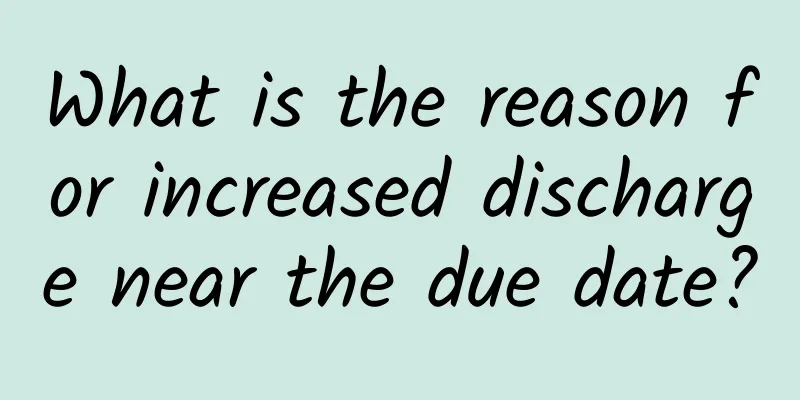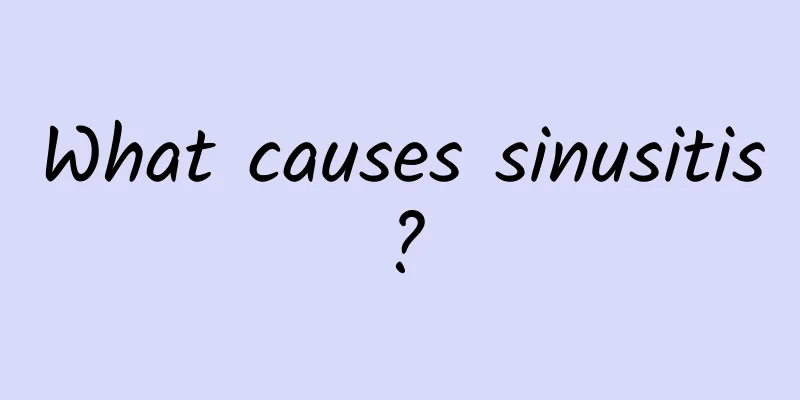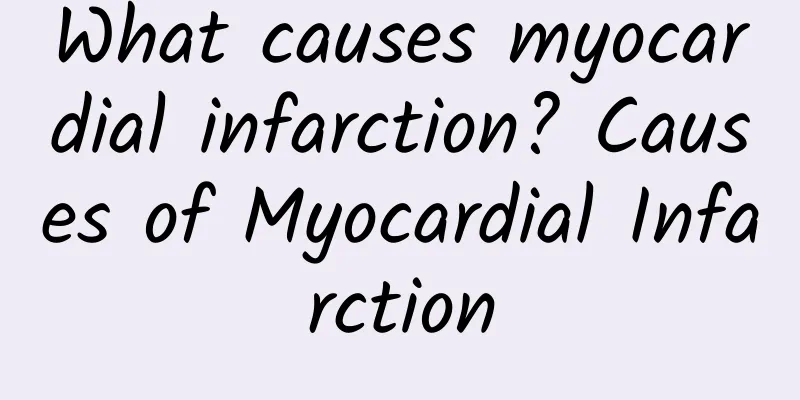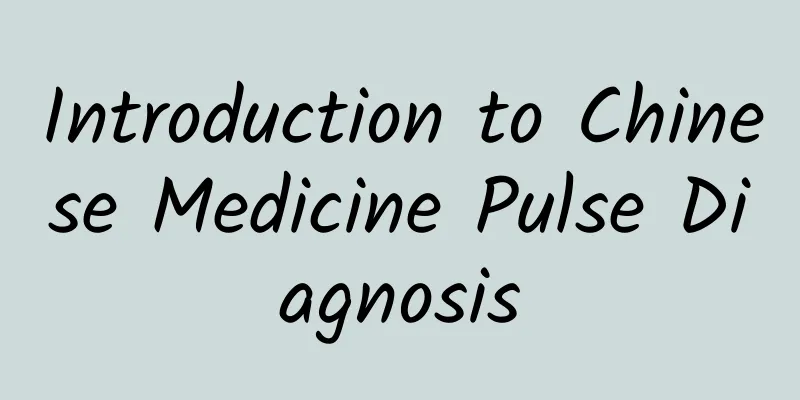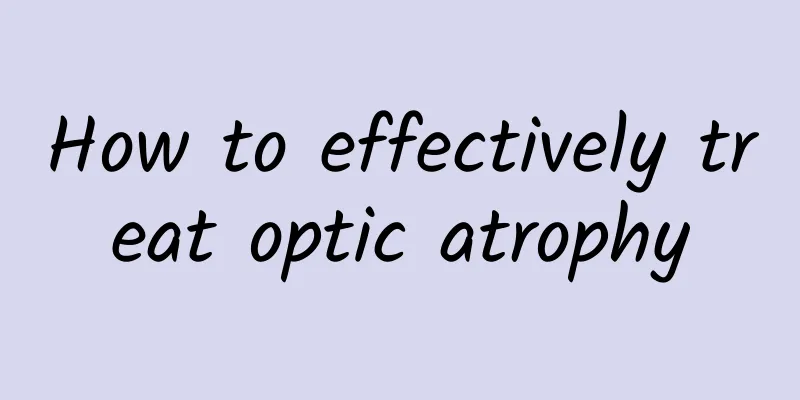How to adjust the heart rate

|
If the heart rate exceeds the normal range, this symptom becomes a fast heart rate. It has both physiological and disease reasons. For example, after exercising too intensely, the heart rate will often be faster. This is a normal phenomenon. Of course, some are caused by disease. At this time, you should pay attention, check in time, and receive good treatment in time. What to do if your heart beats too fast A heart rate of more than 100 beats per minute is called "tachycardia", at which time the patient will experience symptoms such as palpitations, chest tightness, and cold sweats. If this happens at home, here are some things you should do: 1. Breath holding method. Ask the patient to take a deep breath, hold it, and then exhale forcefully. Another method is to ask the patient to take a deep breath, hold his breath, and then inhale forcefully. Using these two methods can sometimes slow down a rapid heartbeat. 2. Induce vomiting. Stimulating the throat with a tongue depressor or fingers can induce vomiting, which can reflexively cause the heart rate to slow down by stimulating the vagus nerve. 3. Compress the carotid sinus. Find the part of the neck where the pulse is most obvious, approximately at the same level as the upper edge of the thyroid cartilage, and use the 2nd, 3rd, and 4th fingers to press the cervical vertebrae. It is best to focus on massage, with each time not exceeding 5 to 10 seconds. If there is no effect, massage again after a few seconds, but do not press on both sides at the same time as there is a risk of sudden heart arrest. If you notice your heartbeat slowing down, stop compressions immediately. 4. Pressurize the eyeballs. Have a family member press one or both eyeballs with their fingers for about 10 seconds, wait until the heartbeat stops temporarily, and then slowly reduce the pressure. Do not apply too much pressure on the eyeball. People with glaucoma or severe myopia should not use this method because it may cause increased intraocular pressure or the risk of retinal detachment.If you want to slow down your heart rate, you should pay attention to reducing work pressure and mental burden. Obese people should lose weight, exercise more, eat a low-salt diet, quit smoking and drinking, etc. Pathological causes of a rapid heart rate include infection, fever, anemia, hyperthyroidism, heart failure, etc. These conditions require timely treatment. It should be reminded that people with high blood pressure, high blood sugar and high cholesterol must exercise moderately. If their heart rate cannot recover to below 100 beats per minute within 5 minutes after exercise, the intensity is too high. |
<<: What is the best medicine for anal prolapse
Recommend
Why do I have big eye bags when I wake up early?
Eye bags are located under the eyes. They look lo...
Detailed explanation of how TCM treats molluscum contagiosum
Molluscum contagiosum is a relatively common infe...
Traditional Chinese medicine treatments for hypertension: three methods that work wonders
Hypertension is a common disease, but it is extre...
What does miscarriage mean? How to regulate your body
Miscarriage is a situation in which a woman unexp...
What should I do if my child has a fever and doesn’t sweat in summer?
Children are the apple of their parents' eyes...
Which vaccines should be taken at your own expense?
Getting vaccinated is something that each of us h...
Tips for treating a date pit stuck in your throat
For some friends who like to eat dates, they will...
Pigmented birthmarks
Through understanding, I realized that some forei...
What should I do if I have lumbar soft tissue injury and what should I pay attention to?
Soft tissue refers to the subcutaneous tissue, wh...
Causes of chest tightness, shortness of breath, difficulty breathing, and coughing
This condition of chest tightness, shortness of b...
What medicine is effective for lower abdominal pain
Many people often experience lower abdominal pain...
Dangers of eye liposuction
Too much fat around the eyes often makes people f...
Healing criteria for compression fractures
Compression fractures are relatively common in da...
Why do my underwear turn yellow when I'm close to my due date?
As the due date approaches, pregnant women often ...
Pain in lower left rib cage
The dull pain in the lower left ribs is probably ...
